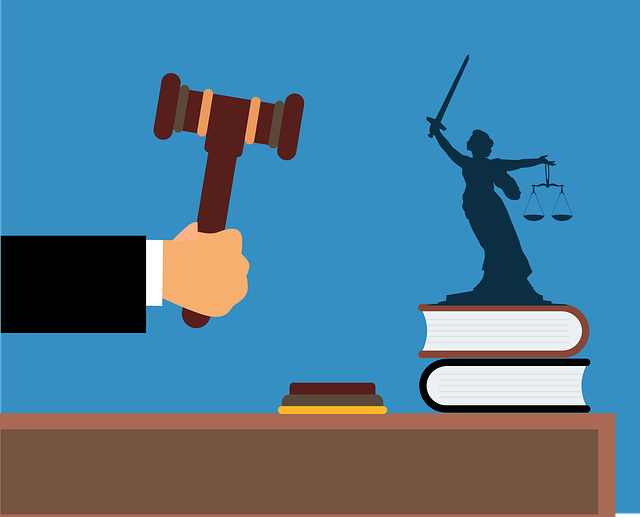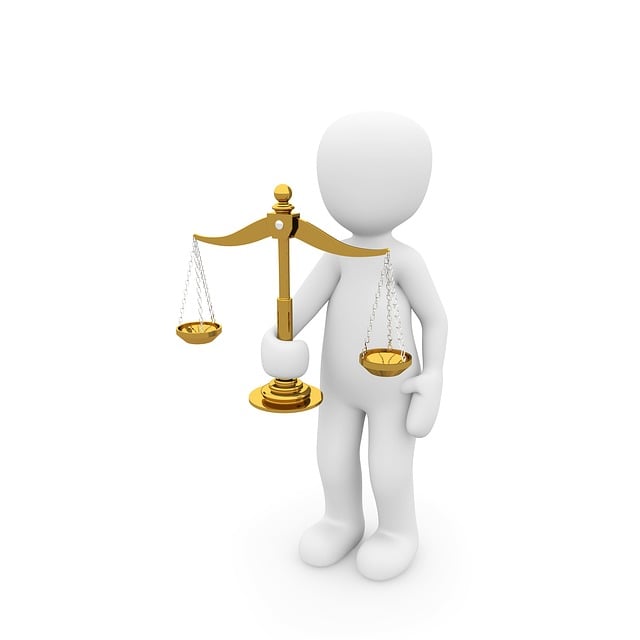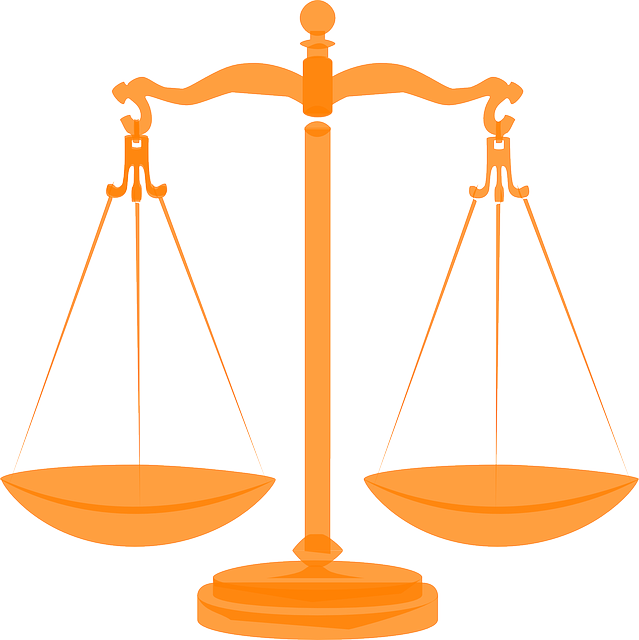Environmental Crime Trials, driven by stricter regulations and heightened public awareness, target individuals or entities harming ecosystems and communities through white-collar crimes like illegal logging, pollution, and climate change denial. These cases require lawyers specializing in Intellectual Property Disputes to navigate complex regulatory landscapes and economic implications. As philanthropy and policy focus on conservation grows, these legal professionals are crucial for ensuring justice, maintaining public trust, and advocating for sustainable practices globally, particularly in developing nations. Specialized attorneys with IP dispute backgrounds and environmental law knowledge are increasingly valuable assets in these high-stakes, multifaceted cases.
“Uncovering Environmental Crime Trials: A Journey Towards Justice
Environmental crime, a growing global concern, demands legal scrutiny. This article explores the intricate world of environmental justice through trials, focusing on understanding the legal framework and its impact on society. We delve into the rise of ‘eco-crimes’, examining their profound effects. Key players—prosecutors and defense lawyers—play pivotal roles in these cases. Furthermore, we analyze strategic defenses, highlighting the importance of legal expertise. With a global lens, we look at trends and anticipate future outlooks for environmental justice, emphasizing the critical need for skilled professionals, especially those specializing in intellectual property disputes.”
- Understanding Environmental Crime Trials: A Legal Perspective
- The Rise of Eco-Crimes and Their Impact on Society
- Key Players in Environmental Crime Trials: Prosecutors & Defense Lawyers
- Legal Strategies for Defending Environmental Crime Cases
- Global Trends and Future Outlook for Environmental Justice
Understanding Environmental Crime Trials: A Legal Perspective
Environmental Crime Trials represent a unique intersection of environmental law and criminal justice. From a legal perspective, these trials involve the prosecution of individuals or entities that have violated environmental regulations, leading to significant harm on ecosystems and communities. The cases often revolve around white-collar and economic crimes, where sophisticated schemes are employed to evade environmental protections. These trials are crucial in holding accountable those who engage in activities such as pollution, habitat destruction, and illegal logging.
A lawyer specializing in Intellectual Property Disputes can play a pivotal role in these trials. They bring expertise in navigating complex regulatory frameworks and understanding the economic implications of environmental degradation. Furthermore, with the increasing involvement of philanthropic and political communities in environmental conservation efforts, legal professionals must possess a deep knowledge of both environmental laws and white-collar defense strategies. This ensures that justice is served while also fostering trust in the legal system’s ability to protect our planet.
The Rise of Eco-Crimes and Their Impact on Society
In recent years, environmental crimes have seen a significant surge, with eco-related offenses becoming increasingly prevalent across all sectors. This rise in so-called “eco-crimes” is a stark reflection of our planet’s delicate state and the desperate need for accountability. From illegal logging and pollution to climate change denial and market manipulation, these activities not only harm our ecosystems but also have profound social implications. Society at large suffers when natural resources are exploited or contaminated, leading to health issues, economic disparities, and cultural disruptions.
As environmental regulations tighten, so does the scrutiny on businesses and individuals who flout them. High-stakes cases involving complex intellectual property disputes related to sustainable technologies further complicate matters. The need for a lawyer specializing in intellectual property disputes is more critical than ever, especially during all stages of the investigative and enforcement process. Those with an unprecedented track record in successfully prosecuting or defending against such charges are invaluable assets in this battle for environmental justice.
Key Players in Environmental Crime Trials: Prosecutors & Defense Lawyers
Environmental Crime Trials involve a unique interplay between key players, each with distinct roles and expertise. On one side, prosecutors play a pivotal role in upholding environmental laws and ensuring justice. They are tasked with investigating violations, gathering evidence, and presenting cases that protect public interest and preserve natural resources. Their work is crucial for holding perpetrators accountable and deterring future crimes.
On the other hand, defense lawyers represent individuals or entities accused of environmental offenses. These legal professionals challenge the prosecution’s case, examining evidence critically and advocating for their clients’ rights. While some defense lawyers may specialize in environmental law, others might focus on intellectual property disputes, ensuring a robust defense across the country. Their goal is to achieve extraordinary results, often navigating complex legal landscapes to protect their clients’ interests while addressing environmental concerns through the judicial system. Philanthropic and political communities also play a supporting role, influencing public perception and policy changes that can prevent and mitigate future environmental crimes.
Legal Strategies for Defending Environmental Crime Cases
In environmental crime trials, defendants often face complex legal challenges due to the intricate nature of environmental regulations and the potential for significant public impact. A strategic defense is paramount, and experienced lawyers play a pivotal role in navigating these high-stakes cases. Legal strategies must consider both general criminal defense tactics and the unique aspects of environmental law. Across the country, specialized attorneys who focus on intellectual property disputes are increasingly recognized as valuable assets, offering expertise in interpreting complex regulations and presenting compelling arguments to protect clients from severe penalties.
Defending against environmental crime charges requires a deep understanding of regulatory frameworks and their nuances. Lawyers must analyze evidence meticulously, challenge the prosecution’s interpretations, and present alternative explanations. Additionally, they employ creative legal arguments, leveraging the specific language and intent behind environmental laws to tailor defenses that are both robust and compliant with legal precedents. This strategic approach is crucial in mitigating penalties and securing favorable outcomes for clients involved in these sensitive cases.
Global Trends and Future Outlook for Environmental Justice
The global landscape of environmental justice is evolving rapidly, driven by increasing awareness and stricter regulations aimed at holding perpetrators accountable for their actions. Recent trends reveal a surge in Environmental Crime Trials, where individuals and corporations face charges for crimes such as pollution, habitat destruction, and climate change-related offenses. As these cases gain prominence, the need for specialized legal expertise has become more critical than ever. A lawyer for Intellectual Property Disputes with a keen understanding of environmental law can play a pivotal role in navigating high-stakes cases involving complex scientific evidence and regulatory frameworks.
Looking ahead, the future outlook for environmental justice promises to be transformative. With growing public pressure and stricter international agreements, corporations and governments are increasingly scrutinized for their environmental impact. This shift is particularly evident in developing nations where environmental degradation has reached alarming rates. While general criminal defense strategies may apply in some instances, avoiding indictment will likely become a key focus for those facing these charges. The success of future cases will hinge on robust legal representation that can challenge evidence, navigate bureaucratic hurdles, and advocate for the rights of affected communities, ensuring that justice is served and sustainable practices are fostered.
Environmental crime trials are a critical component in the global pursuit of environmental justice. As the rise of eco-crimes continues to shape society, understanding the legal intricacies and key players involved becomes essential. From prosecutors and defense lawyers specializing in these cases to the evolving global trends, it’s evident that environmental justice is a dynamic and crucial aspect of modern law. For those seeking expertise in this field, finding a lawyer for intellectual property disputes who also specializes in environmental law can be invaluable. By navigating the legal landscape and staying informed about future outlooks, we can ensure more effective trials and a sustainable future.






